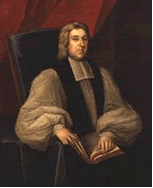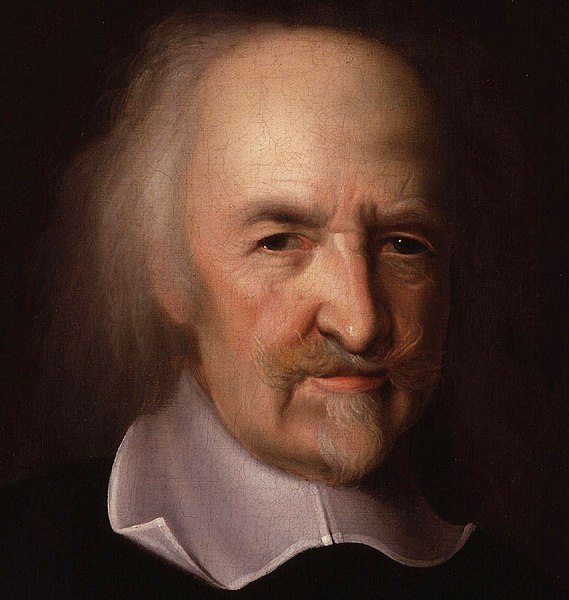Hypotheses and political philosophy: Tenison against Hobbes
Peter Anstey writes …
Our research project at Otago on experimental philosophy has largely focused on natural philosophy. However, while early modern experimental philosophy had its origins in natural philosophy in mid-seventeenth-century England, it quickly impacted on other disciplines.

Tenison (1636-1715)
Experimental philosophers, as we have repeatedly stressed in previous posts on this blog, regarded Francis Bacon as their progenitor and promoted observation and experiment and decried speculation and the use of hypotheses and premature system building.
It is of great interest, therefore, to find elements of the method of experimental natural philosophy being applied as early as 1670 in an attack on Thomas Hobbes’ doctrine of the state of nature. The divine Thomas Tenison in his The Creed of Mr Hobbes examined, London, 1670, attacked Hobbes’ doctrine of the state of nature for being the product of Hobbes’ own imagination. Hobbes postulated in his Leviathan (1651) that before the existence of civil society all people were in a state of ‘warre, as is of every man, against every man’’ in which life is ‘solitary, poore, nasty, brutish, and short’. Here is how Tenison attacks him:
It is a very absurd and unsecure course to lay the ground-work of all civil Polity and formed Religion, upon such a supposed state of Nature, as hath no firmer support than the contrivance of your own fancy. (p. 131)
For Tenison, it is one thing for the various competing cosmological hypotheses of Ptolemy, Tycho, Copernicus and Descartes to be entertained, for, even if none of these happens to be true, ‘the interests of Men remain secure’. But it is another thing entirely to found the doctrines of civil, moral and Christian philosophy on ‘Hypotheses, framed by the imagination’. Tenison continues:
such persons who trouble the World with fancied Schemes and Models of Polity, in Oceana’s and Leviathans, ought to have in their Minds an usual saying of the most excellent Lord Bacon concerning a Philosophy advanced upon the History of Nature. That such a work is the World as God made it, and not as Men have made it: for that it hath nothing of Imagination. (pp. 131–2)

Hobbes (1588-1679)
Note the appeal to Bacon, the reference to natural history and the criticism of philosophy based upon fancies. (Note too the reference to James Harrington’s The Commonwealth of Oceana, 1656.) And yet Tenison does not appeal to observation and experiment because Hobbes’ doctrine as he conceives it is about a past state in human history. Instead he believes that civil philosophy should use ‘reason assisted with Memory touching the passed state of the World’ (p. 131).
What I would like to know is whether this the first use of aspects of the method of experimental philosophy to critique political philosophy?

